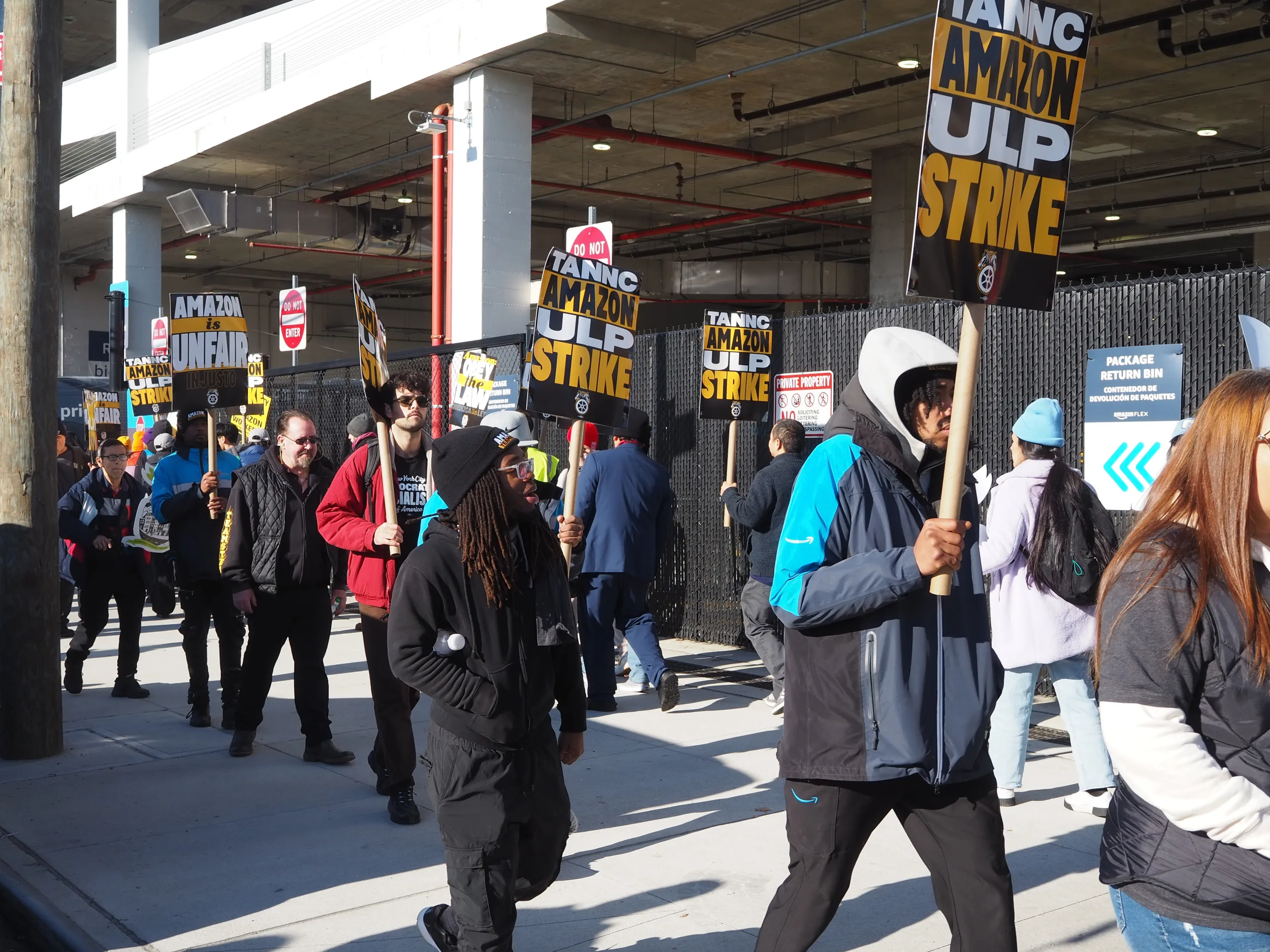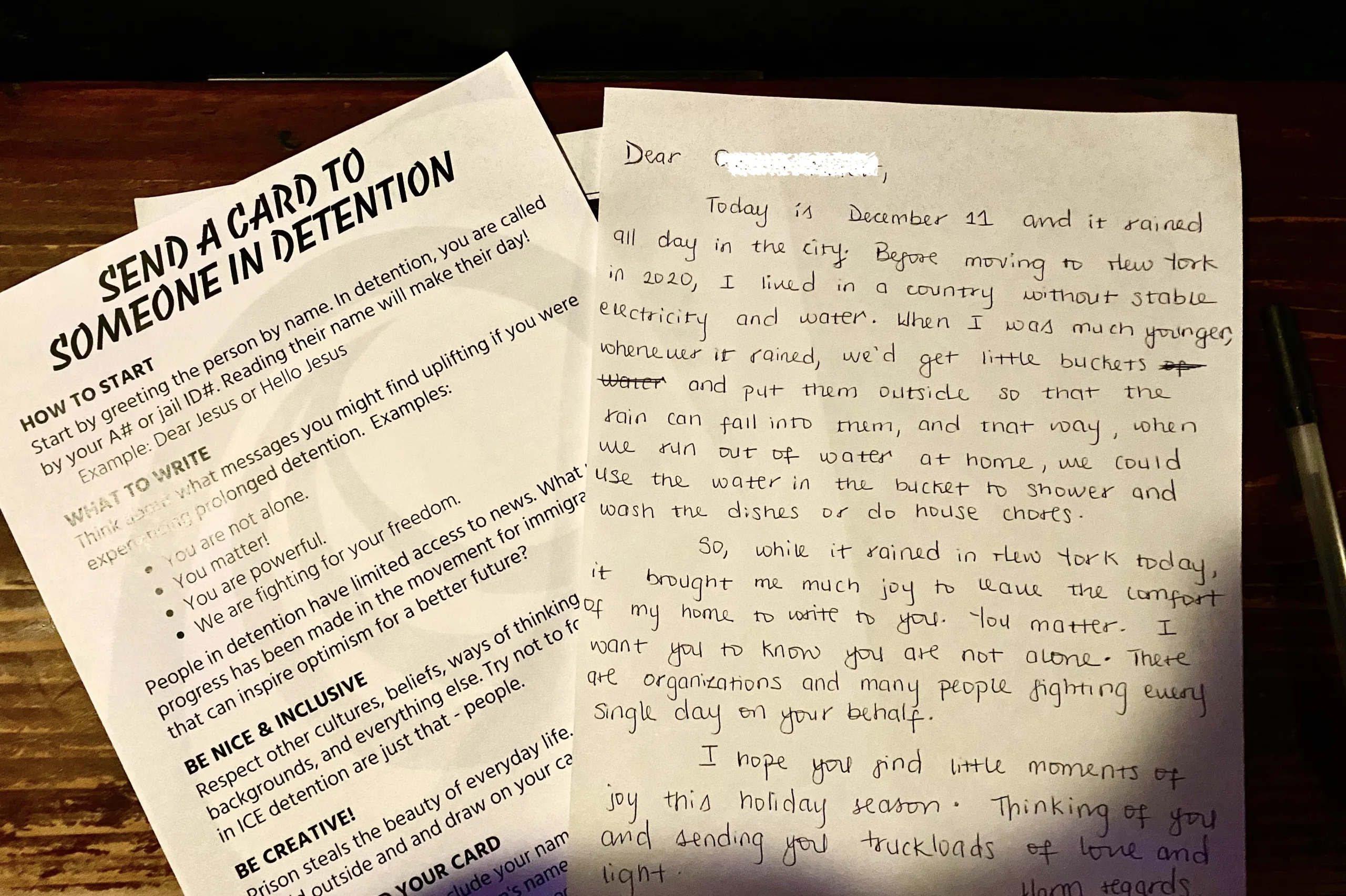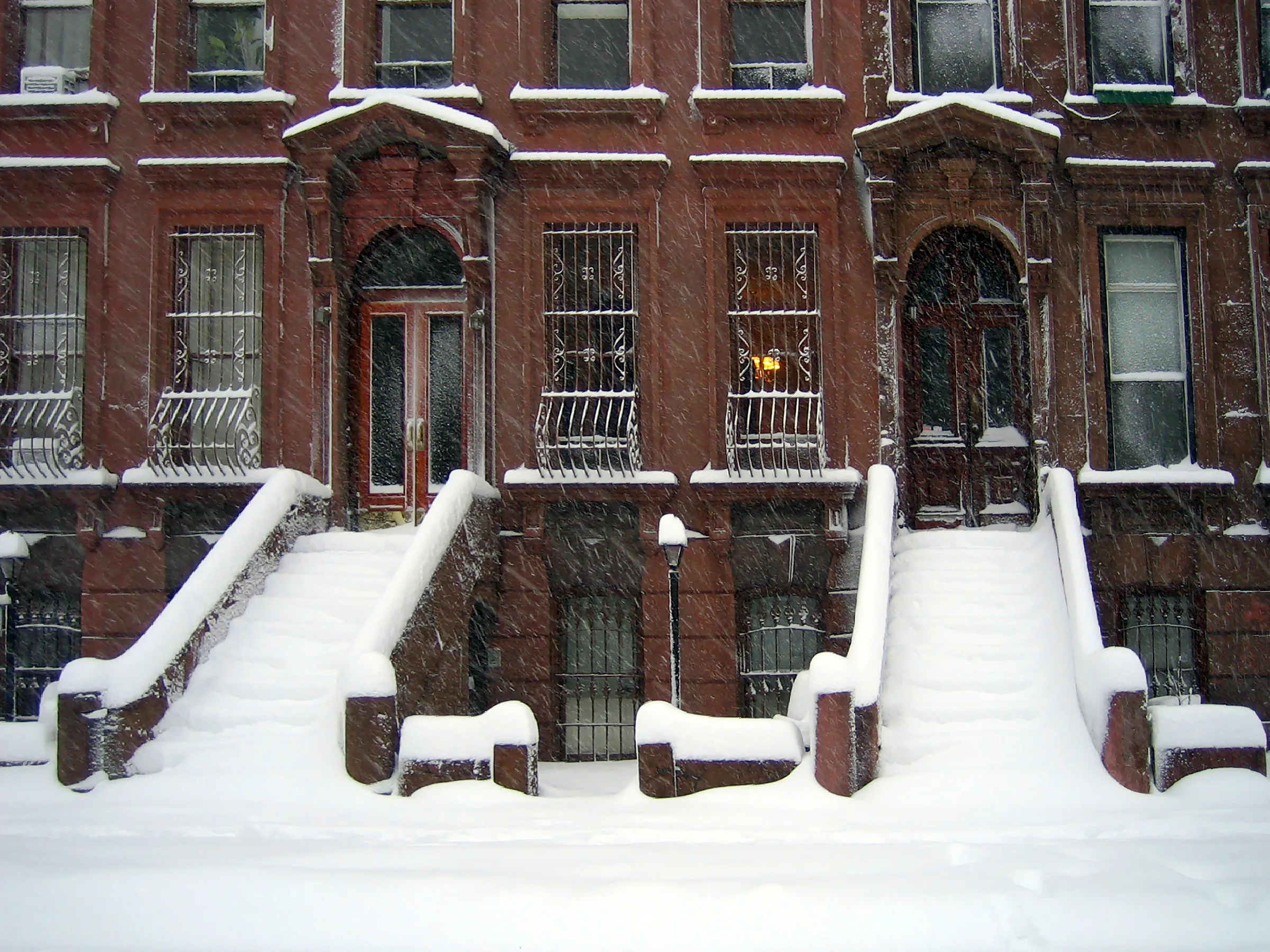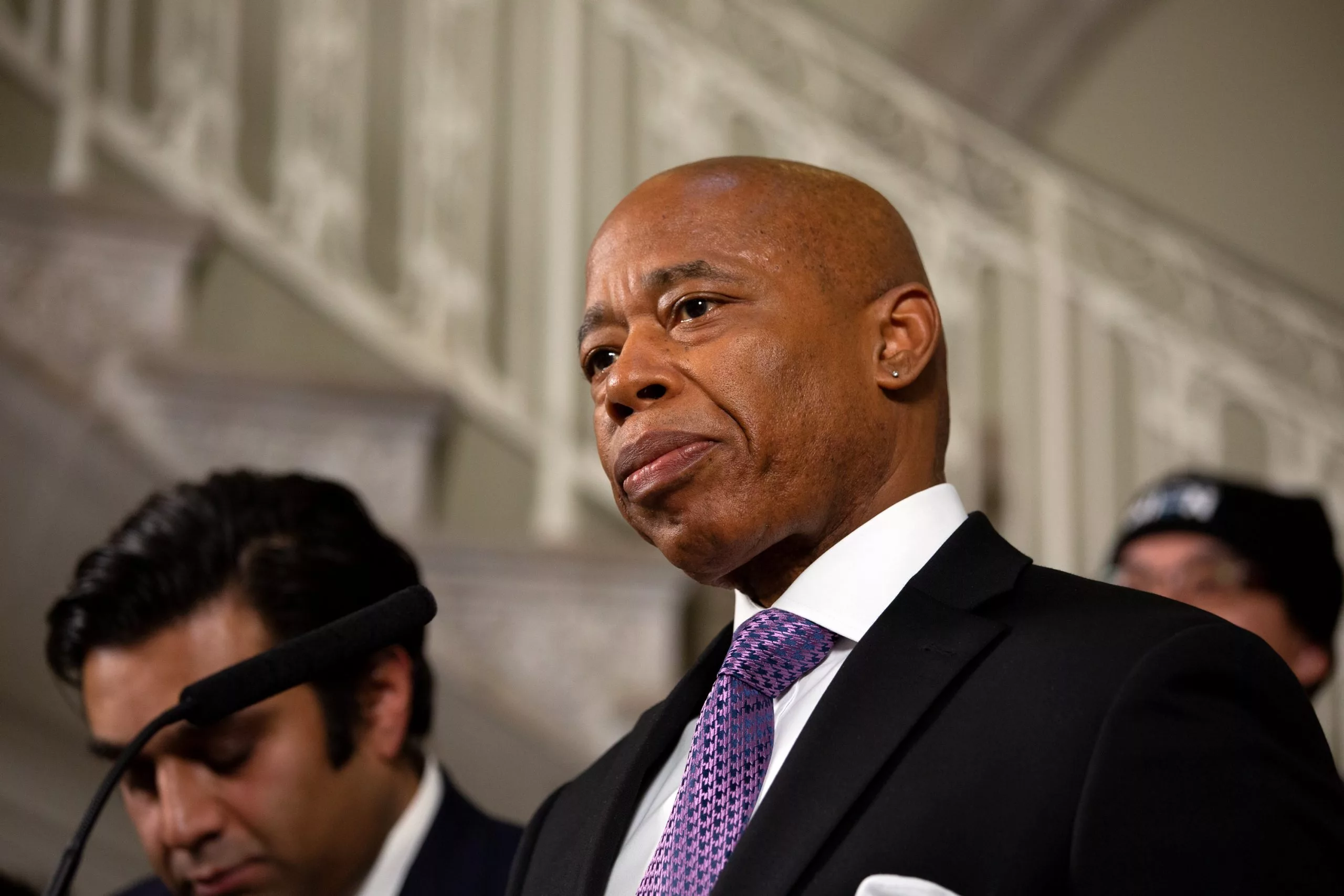On Sunday, Brazilians elected Jair Bolsonaro, a right-wing nationalist and member of Brazilian Congress to be the country’s next president, part of a continuing wave of anti-establishmentarian populism that has bubbled up throughout the globe.
Bolsonaro defeated Workers’ Party (PT) candidate Fernando Haddad in the runoff race by a ten-point margin, with 55.1 percent of the vote to Haddad’s 44.9 percent. This was even starker among Brazil’s expatriate community in New York: the Brazilian consulate confirmed to Documented that, of the roughly 9,000 Brazilians who cast ballots in the city, 76.4 percent chose Bolsonaro, giving him a fifty-point edge.
Bolsonaro is a longtime political figure whose history of incendiary and anti-democratic remarks were often highlighted during the campaign. So, why did Brazilians in New York so decisively choose him? An overriding reason seemed to have been frustration with a perceived cyclical culture of corruption at the highest levels of government during the years the PT was in power, best typified by the massive, generalized graft of the so-called Car Wash scandal.
Popular former president — and political mentor to Haddad — Luiz Inácio Lula da Silva is now in federal prison on corruption charges, and successor Dilma Rousseff was impeached. Simultaneously, the murder rate has been spiraling upwards, a fact that was successfully exploited by the Bolsonaro campaign to engender fear among its voting base, even with voters who themselves were not the targets of violence.
“The New York community has always been a bit conservative,” said Stephanie Mulcock, who immigrated to the United States from Salvador as a teenager and now runs Cidadão Global, a community-based organization serving and advocating for Brazilian immigrants.
In her professional circle, she said, people were disappointed with the results, but the larger cadre of Brazilian New Yorkers tended to be wealthier, more right-leaning and wanted a change. “The majority of the Brazilian community that migrates here is a bit more privileged than the communities you’re typically thinking about when you think of immigrant communities that are coming here,” she said.
Research from the Migration Policy Institute shows Brazilian immigrants in the United States in recent years have tended to be well-educated and more likely to be working in management, business, science, and arts occupations than other immigrants. As of 2014, median household income among Brazilian immigrants even slightly edged out earnings for U.S.-born households. “There’s a lot of money invested in coming here. They’re not walking across the border,” said Mulcock.
The fact of the voters living in New York itself may have played a role Bolsonaro’s local majority, according to Lucas Bento, the president of the nonpartisan Brazilian American Lawyers Association. “It may be that a majority of expats living in New York — arguably the world’s epicenter of capitalism — voted for a pro-market and pro-security candidate to express their desire to one day see a Brazil that is more like the America they perceive: one that, through capitalism, attracts more investment and comparatively pays higher wages, and is, relatively speaking, safer,” he wrote in an email to Documented.
Bento also brought up a major player in the presidential election: social media. Throughout the campaign, services like Facebook and Whatsapp were used to spread disinformation in a way that has become standard in political movements throughout the world, from the United States to India to the Philippines and beyond. “Technology may have concentrated political views in the expat community,” wrote Bento.
The point was underlined by a worker at a popular Brazilian restaurant in Midtown Manhattan who preferred not to be identified while weighing in on politics. “We see things differently from abroad… here, you work for a week and you can make enough money to buy an iPhone. In Brazil, it’s not like that,” he said, and added that he hadn’t had time to vote, but would have voted for Bolsonaro if he did. “I would have voted for him, not because I like him, but because I’m dissatisfied. It’s not even about Haddad, it’s about the PT. They defeated themselves.”
He pointed to the fact that abstentions, null votes, and blank votes collectively made up a whopping 30 percent of the total vote as a mark of how divided voters were between unappealing candidates. The population of Brazilians in New York is estimated at just over 50,000 people, meaning that less than 20 percent of the total community ultimately voted, despite the fact that Brazilian law makes voting compulsory for all citizens.
Nonetheless, “it’s the first time I’ve seen so many people participating,” said Leonardo Ferreira, a journalist with the Portuguese-language Brazilian Voice newspaper, which is headquartered in Newark, New Jersey and covers Brazilian issues from a U.S. perspective. “A lot of people are motivated just by that, the violence and the corruption,” he said, and granular policy issues took a backseat to the rhetoric of security and prosperity that Bolsonaro promised.
For Mulcock, of Cidadão Global, a primary concern is how the presidential results might affect the Brazilian community in the United States in a different way: a potential influx of Brazilians seeking refuge from the policies of the new president — a man who has spoken admiringly of military dictatorship and the persecution of minority groups.
“I feel like we might have a lot of asylum-seekers coming from Brazil in the coming years,” she said.















